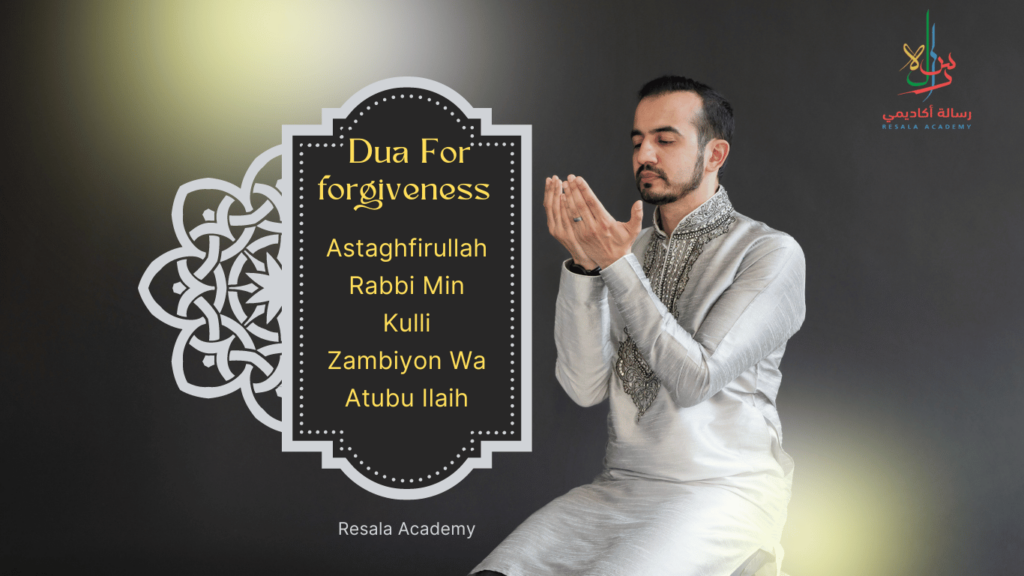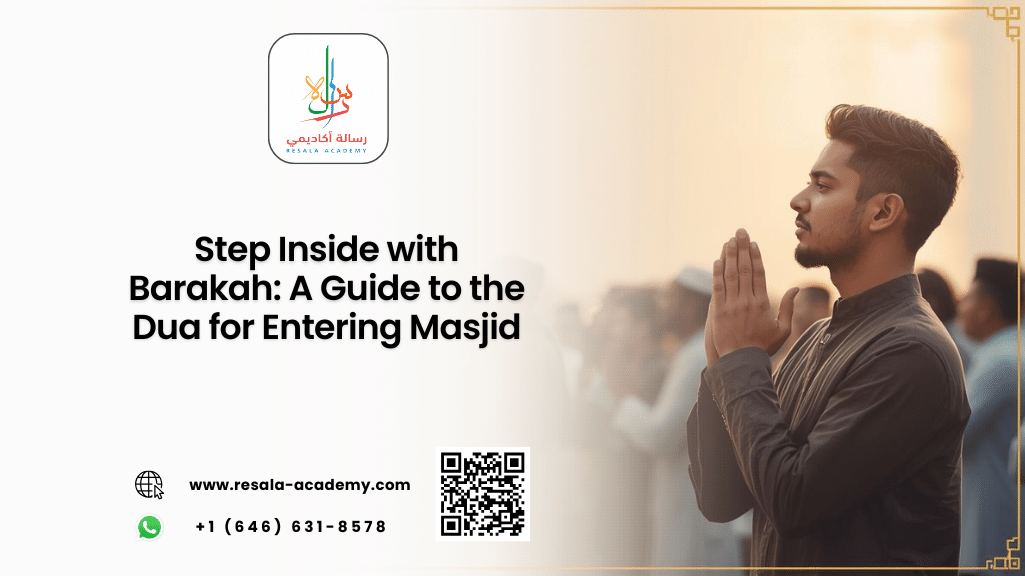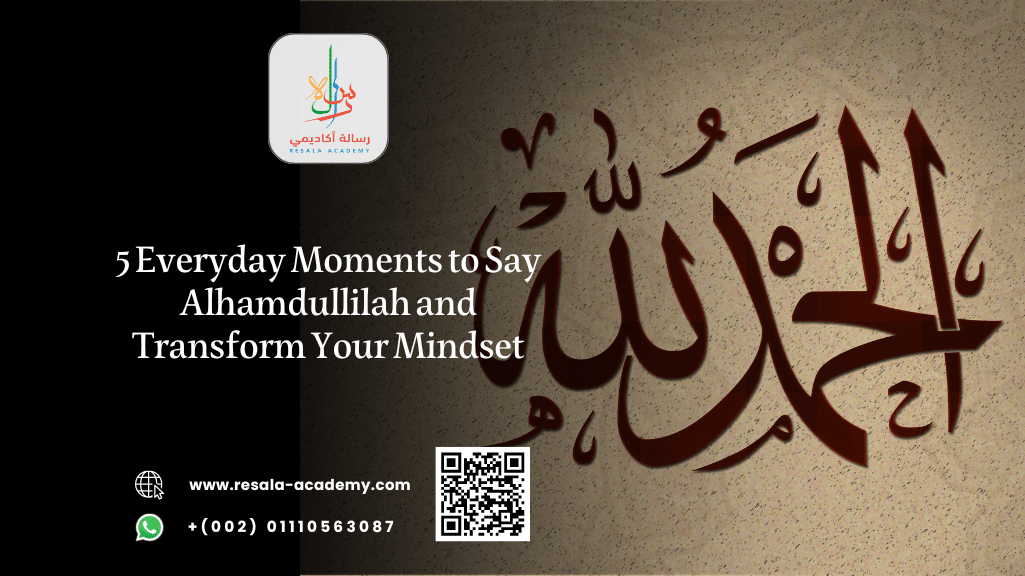Table of Contents
Top 10 Educational Games in Arabic for Non-Native Speakers to Learn Vocabulary Fast
Learning Arabic as a non-native speaker can be both a rewarding and challenging journey. One of the most effective and enjoyable ways to accelerate vocabulary acquisition is through interactive and immersive games in Arabic.
These educational tools not only make the learning process fun but also reinforce memory retention through repetition, context, and engagement.
In this comprehensive guide, we explore the top 10 Arabic educational games designed specifically to help non-native speakers learn vocabulary quickly and effectively.
Whether you’re a beginner or looking to expand your lexicon, these games at Resala Academy Arabic courses offer a dynamic and interactive path to fluency.
Why Use Games to Learn Arabic Vocabulary?
Before diving into the list, it’s important to understand why Arabic language games are so effective:
- Interactive learning: Games provide immediate feedback and keep learners engaged.
- Contextual vocabulary: Words are learned in context, improving retention.
- Motivation: Gamified learning encourages consistent practice.
- Multisensory approach: Combining audio, visual, and kinesthetic elements enhances memory.
Whether you’re learning for travel, religious studies, or personal growth, games in Arabic can transform your learning experience.
Top 10 Educational Games in Arabic for Vocabulary Building
1. Arabic Word Connect
A classic word puzzle game adapted for Arabic learners. Players connect letters to form words, improving spelling and vocabulary.
- Features:
- Over 1,000 levels of increasing difficulty
- Audio pronunciation of words
- Translation hints in English
- Example:
- Arabic: كِتَاب (kitāb)
- English: Book
Try it here: Arabic Word Connect
2. Learn Arabic Vocabulary with Drops
This visually stunning app turns vocabulary learning into a game of speed and memory.
- Features:
- 5-minute daily sessions
- Visual mnemonics
- Vocabulary grouped by themes (food, travel, religion)
- Example:
- Arabic: مَاء (māʾ)
- English: Water
Explore more: Drops Arabic
3. FunEasyLearn Arabic
A comprehensive app with over 6,000 Arabic words and phrases, presented in a game format.
- Features:
- Multiple game modes (spelling, matching, listening)
- Offline access
- Native speaker audio
- Example:
- Arabic: سَيَّارَة (sayyārah)
- English: Car
Visit: FunEasyLearn Arabic
4. Linguarena Arabic
Designed for serious learners, this app uses gamification to teach grammar and vocabulary simultaneously.
- Features:
- Grammar-based vocabulary games
- Real-life dialogues
- Progress tracking
- Example:
- Arabic: طَعَام (ṭaʿām)
- English: Food
Learn more: Linguarena
5. Memrise Arabic
Memrise uses spaced repetition and gamified lessons to help learners master vocabulary.
- Features:
- Native speaker videos
- Daily goals and streaks
- Community-created content
- Example:
- Arabic: مَدْرَسَة (madrasa)
- English: School
Start learning: Memrise Arabic
6. Quizlet Arabic Flashcards
While not a game in the traditional sense, Quizlet’s flashcard system includes games like “Match” and “Gravity” to test vocabulary.
- Features:
- Customizable flashcard sets
- Game-based review modes
- Audio support
- Example:
- Arabic: قَلَم (qalam)
- English: Pen
Create your own: Quizlet Arabic
7. Duolingo Arabic
One of the most popular language apps, Duolingo, offers a gamified curriculum for Arabic learners.
- Features:
- Bite-sized lessons
- Leaderboards and streaks
- Vocabulary and grammar integration
- Example:
- Arabic: بَيْت (bayt)
- English: House
Join now: Duolingo Arabic.
8. Rosetta Stone Arabic
Rosetta Stone uses immersive learning with visual and audio cues to teach vocabulary through context.
- Features:
- No translation – immersion method
- Speech recognition
- Game-like progress tracking
- Example:
- Arabic: طَائِرَة (ṭāʾirah)
- English: Airplane
Discover more: Rosetta Stone Arabic
9. Hello-World Arabic Games
A treasure trove of online games for kids and beginners that teach basic Arabic vocabulary.
- Features:
- Interactive flash games
- Themed vocabulary (colors, animals, numbers)
- Audio support
- Example:
- Arabic: كَلْب (kalb)
- English: Dog
Play now: Hello-World Arabic
10. Resala Academy’s Interactive Arabic Games
Exclusively designed for non-native speakers, Resala Academy offers a suite of interactive Arabic games as part of its online curriculum.
- Features:
- Quranic vocabulary games
- Live teacher support
- Tailored for all age groups
- Example:
- Arabic: قُرْآن (Qurʾān)
- English: Quran
Learn with experts: Resala Academy Arabic Games
Real-Life Vocabulary Examples from Arabic Games
Here are some commonly used Arabic words featured in the games above, with English translations and usage examples:
Arabic Word | Transliteration | English | Example Sentence |
كِتَاب | kitāb | Book | أَقْرَأُ كِتَابًا (I am reading a book) |
مَاء | māʾ | Water | أُرِيدُ مَاءً (I want water) |
بَيْت | bayt | House | هَذَا بَيْتِي (This is my house) |
قُرْآن | Qurʾān | Quran | أَقْرَأُ القُرْآنَ كُلَّ يَوْم (I read the Quran every day) |
مَدْرَسَة | madrasa | School | أَذْهَبُ إِلَى المَدْرَسَة (I go to school) |
These examples are not only useful in games but also in real-life conversations and Quranic understanding.
Can Quranic learning be made easier for dyslexic learners? Discover how the Noorani Qaida transforms the learning experience with its simple, structured approach, making Quranic reading accessible to all. Read the full article now!
Specialized Benefits of Using Games in Arabic for Non-Native Speakers
Integrating games in Arabic into your language learning strategy is not just a trend—it’s a proven method to accelerate vocabulary acquisition, enhance retention, and make the learning process more enjoyable.
Below are specialized advantages of using Arabic educational games, especially for non-native speakers seeking fast and effective results:
- Accelerated Vocabulary Retention
- Games use repetition and visual cues to reinforce new words.
- Learners are exposed to words in multiple contexts, improving long-term memory.
- Interactive tasks like matching, spelling, and pronunciation drills enhance recall speed.
- Immersive Language Exposure
- Many Arabic language games simulate real-life scenarios, such as shopping, traveling, or attending school.
- Learners absorb cultural nuances and colloquial expressions naturally.
- Games often include audio from native speakers, improving listening comprehension.
- Personalized Learning Paths
- Platforms like Resala Academy offer customized game-based lessons tailored to the learner’s level and goals.
- Adaptive algorithms adjust difficulty based on user performance, ensuring optimal challenge.
- Progress tracking allows learners to monitor vocabulary growth in real time.
- Engagement Through Gamification
- Points, badges, and leaderboards motivate consistent practice.
- Daily challenges and streaks encourage learners to return regularly.
- Competitive elements foster a sense of achievement and progress.
- Multisensory Learning Experience
- Combining visual, auditory, and kinesthetic elements enhances cognitive engagement.
- Learners can see the word (visual), hear it pronounced (auditory), and interact with it (kinesthetic).
- This holistic approach is particularly effective for young learners and beginners.
- Contextual Understanding of Vocabulary
- Words are not learned in isolation but within meaningful sentences and scenarios.
- For example, in a food-themed game, learners might encounter:
- Arabic: أُرِيدُ تُفَّاحَة (urīdu tuffāḥah)
- English: I want an apple
- This method improves both comprehension and practical usage.
- Increased Motivation and Confidence
- Learners feel a sense of accomplishment after completing levels or mastering word sets.
- Games reduce the fear of making mistakes, creating a safe space for trial and error.
- Confidence grows as learners recognize and use new vocabulary in real-life situations.
How Games in Arabic Support Cognitive and Quranic Learning
Beyond vocabulary, games in Arabic offer cognitive and spiritual benefits, especially for learners interested in Quranic studies.
These games are not only educational but also deeply enriching, supporting both language mastery and religious understanding.
- Enhanced Cognitive Skills
- Puzzle-based Arabic games improve problem-solving and critical thinking.
- Memory games sharpen mental agility and attention to detail.
- Pattern recognition in Arabic script strengthens reading fluency.
- Support for Quranic Arabic Learning
- Specialized games focus on Quranic vocabulary, Tajweed rules, and verse memorization.
- Learners can match Arabic root words with their meanings, aiding in Quranic interpretation.
- Example:
- Arabic: رَحْمَة (raḥmah)
- English: Mercy
- Found in: الرَّحْمَـٰنِ الرَّحِيمِ (Ar-Raḥmān Ar-Raḥīm – The Most Gracious, The Most Merciful)
- Bridging Classical and Modern Arabic
- Games help learners distinguish between Modern Standard Arabic (MSA) and Classical Arabic.
- This is especially useful for understanding Quranic verses versus everyday conversation.
- Vocabulary games often include both variants for comprehensive learning.
- Spiritual Engagement Through Interactive Learning
- Quran-themed games foster a deeper connection with the text.
- Learners can practice verses, match meanings, and test their knowledge in a fun format.
- This makes Quranic study more accessible and less intimidating for beginners.
- Ideal for All Age Groups
- Children benefit from colorful, animated Arabic games that teach basic Islamic and linguistic concepts.
- Adults appreciate structured, goal-oriented games that align with their learning objectives.
- Elder learners find games a gentle and engaging way to revisit or discover Arabic anew.
- Integration with Online Academies
- Institutions like Resala Academy incorporate interactive Arabic games into their curriculum.
- This blended approach combines live instruction with gamified learning, maximizing retention and engagement.
- Students can practice vocabulary between sessions, reinforcing what they’ve learned in class.
By leveraging the power of games in Arabic, learners not only build vocabulary but also develop a deeper understanding of the language’s structure, culture, and spiritual significance. Whether you’re aiming for fluency or Quranic mastery, these tools offer a dynamic path to success.
Why Choose Resala Academy for Arabic and Quran Learning?
Resala Academy course is not just another online Arabic course. It’s a vibrant learning community where non-native speakers are empowered to master Arabic and Quranic studies through innovative methods, including educational games in Arabic.
Here’s why Resala Academy stands out:
✅ Certified native Arabic instructors
✅ Live one-on-one and group classes
✅ Quran memorization and Tajweed courses
✅ Interactive learning tools and vocabulary games
✅ Flexible schedules for kids and adults
Whether you’re a complete beginner or seeking to deepen your understanding of the Quran, Resala Academy offers a structured, engaging, and effective path to fluency.
Ready to learn Arabic the fun way? Enroll now at Resala Academy and start your journey today!
Frequently Asked Questions (FAQs)
1. What are the best games in Arabic for beginners?
The best Arabic games for beginners include Duolingo, Drops, and Hello-World Arabic. These games focus on basic vocabulary, pronunciation, and sentence structure.
2. Can I learn Quranic Arabic through games?
Yes! Platforms like Resala Academy offer Quran-focused vocabulary games that help learners understand and memorize Quranic terms effectively.
3. Are Arabic learning games suitable for children?
Absolutely. Games like Hello-World Arabic and FunEasyLearn are designed for kids, using colorful visuals and simple vocabulary to make learning fun and effective.
4. How long does it take to learn Arabic using games?
While it varies, consistent daily practice with games in Arabic can significantly improve vocabulary in just a few weeks. Pairing games with structured lessons accelerates progress.
5. Is Resala Academy suitable for complete beginners?
Yes, Resala Academy offers beginner-friendly courses with interactive games, live teachers, and personalized learning paths tailored for non-native speakers.
Conclusion
Learning Arabic doesn’t have to be a daunting task. With the right tools, especially educational games in Arabic, non-native speakers can quickly build vocabulary, improve pronunciation, and gain confidence in their language skills.
From mobile apps to online platforms like Resala Academy, the journey to Arabic fluency is now more accessible and enjoyable than ever.
So, whether you’re learning for travel, religion, or personal growth, start incorporating these top Arabic games into your routine—and watch your vocabulary soar!
Start Your Arabic Learning Adventure Today! Join Resala Academy and experience the power of gamified learning, expert instruction, and a supportive community. Your path to Arabic fluency begins here.




